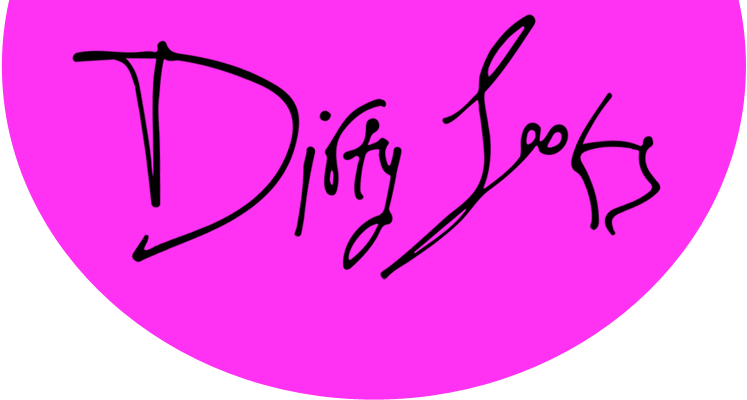83A Hester Street
New York, NY 10002
Dirty Looks + Animal Shelter present The Adventures of Sylvia Couski
Adolfo Arrieta, Les intrigues de Sylvia Couski (The Adventures of Sylvia Couski), 16mm on DV, 85 min., 1974
Dirty Looks NYC teams with Animal Shelter for a rare screening of Les intrigues de Sylvia Couski. Directed by pioneer of French and Spanish underground cinema, Adolfo Arrieta, Les intrigues de Sylvia Couski is widely regarded as the first Parisian underground film and stars legendary French transsexual songstress and revolutionary Marie-France, a member of the FHAR (Homosexual Front for Revolutionary Action) in the 1970s and Marc Almond's favorite singer. The loose plot revolves around the ex-wife of a famous sculptor who convinces her lover to remove a work by her ex-husband and replace it with a live model.
"Its subject is the Paris transvestite scene and it's depicted with the flair of Jack Smith, the directness of Andy Warhol, and the special tenderness of Arrieta. I salute the Poet." -- Jonas Mekas, February, 1975.
Adolfo Arrieta, born in Madrid in 1942, is considered a pioneer of underground cinema in both Spain and France. Arrieta was a painter before beginning his filmmaking career with the short films El crimen de la pirindola (1965) and Imitación del ángel (1966), milestones of Spanish independent film. He moved to Paris in 1967, where he would live through the events of May 1968. In 1969 he met Cocteau leading man and lover Jean Marais, with whom Arrieta shot his first feature, the Cocteau-influenced Le jouet criminel (1969). His next film, Le château de Pointilly (1972), would receive critical praise from Marguerite Duras. Arrieta won the Grand Prize at the Toulon Film Festival for the critically acclaimed Les intrigues de Sylvia Couski (1974), often considered the first underground Parisian film. His other films include Tam Tam (1976), Flammes (1978). Arrieta has continued making films and has had retrospectives at Anthology Film Archives and La Enana Marrón.
Born in Algeria in 1946, Parisian transsexual songstress Marie-France endures, a confluence of so many fascinating moments of the 1970s. A member of the FHAR (Homosexual Front for Revolutionary Action), founded in 1971 by Guy Hocquenghem and Françoise d’Eaubonne, she took part in the trans/drag anarchist offshoot, the Gazolines, which made a habit of short-circuiting, with anarchist glee, camp and fury, the seriously homophobic leftist demonstrations of the period. According to journalist Alain Pacadis, Werner Schroeter wanted her to embody Candy Darling in a movie he was planning to make about the tragic Warhol superstar. Acting and singing in the 1979 theatrical production of Navire Night, Marguerite Duras, explains, “She embodies the frontier between emotion and desire. It is impossible to not be troubled by her. Everyone. Women as well as men.” She still records and performs.
Animal Shelter is a zine published by Semiotext(e), a "mixtape" of art, sex and literature. A small insert about Marie-France (including a new introduction by Semiotext(e)'s Hedi El Kholti and two period interviews) will accompany the current issue of Animal Shelter, which features contributions by Tisa Bryant, Michael Carroll, Jean Eustache, Pierre Guyotat, Richard Hawkins, Guy Hocquenghem, Cookie Mueller, Grace Ndiritu, Dalia Rosetti, Heathcote Williams, Melissa Barrett, Robert Dewhurst, Tony Duvert, Iris Klein, Fernanda Laguna, Lodovico Pignatti Morano, Jean-Jacques Schuhl, Noura Wedell, Gary Lee Boas, Shannon Durbin, Matt Fishbeck, Kathryn Garcia, Mim Goodman, Peter Hujar, Eli Langer, Tracy Nakayama, Grace Ndiritu, Warren Neidich, A. L. Steiner. This issue is available at the Bureau of General Services-Queer Division.














